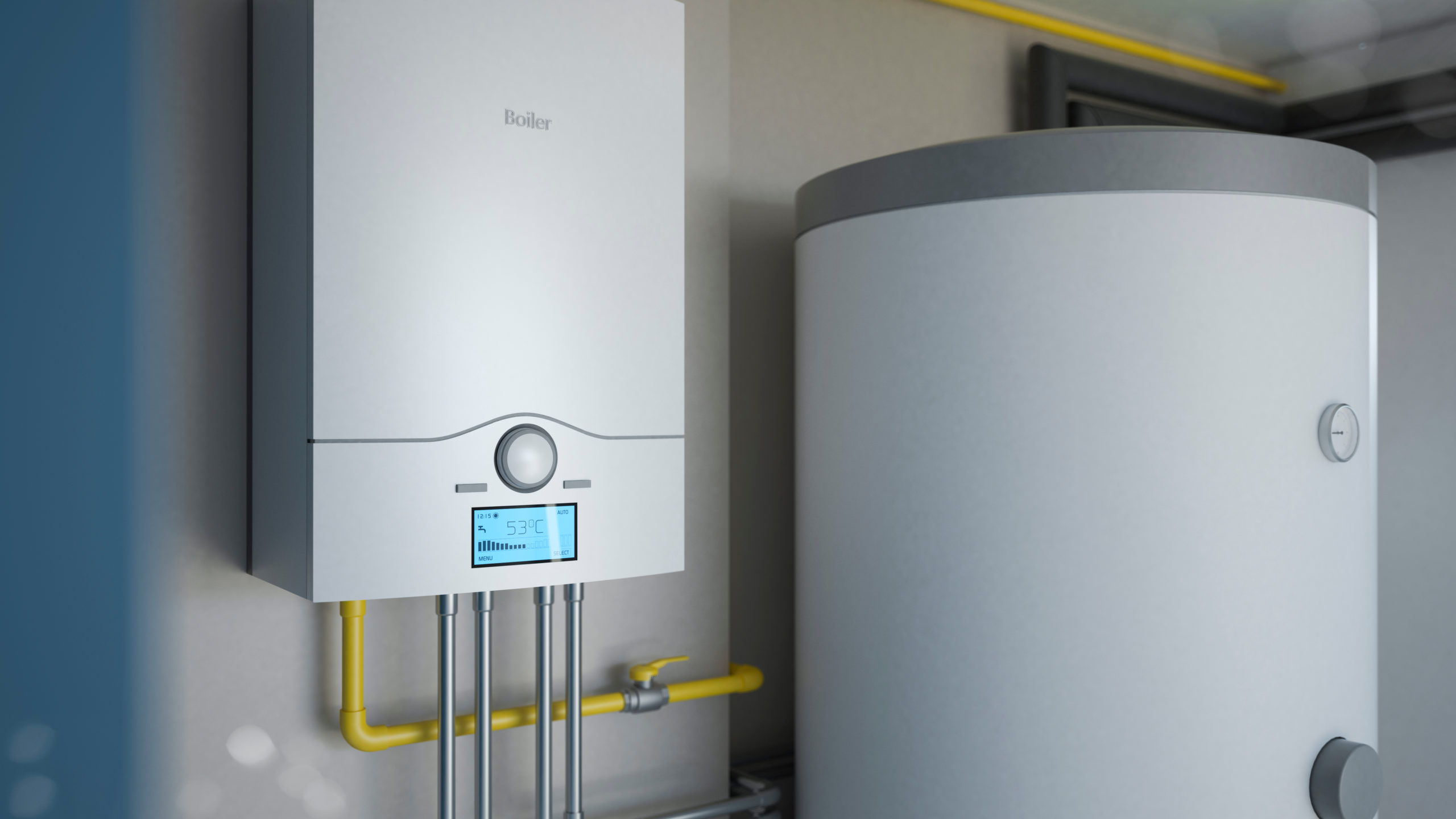Household Bills
Boiler upgrade scheme is ‘seriously failing to deliver’ objectives

The House of Lords Built Environment Committee inquiry into the boiler upgrade scheme (BUS) has said that the scheme is “seriously failing to deliver” on objectives and has a “disappointingly low take-up of grants”.
The £450m scheme was opened in April last year and aims to replace gas boilers with energy efficient heat pumps or biomass boilers by offering a £5,000 grant.
However, in a letter to Parliamentary Under Secretary of State for the newly-created Department for Energy Security and Net Zero Lord Callanan, Baroness Parminter said if the current take-up rate continues only half of the allocated budget would be used to help households switch to low-carbon heating systems.
Parminter added that a “healthy market of installers and manufacturers” would not be in place in time to implement other low-carbon heating policy measures. As a result, the government is “very unlikely” to meet its target of installing 600,000 heat pump installations every year by 2028.
According to the latest statistics from the Department for Energy Security and Net Zero, since the applications for grants opened for the scheme on 23 May 2022, there had been total of 12,981 BUS voucher applications received up to the end of January 2023.
The report said that nearly all installations (96%) were for an air source heat pump. There were 11,086 vouchers issued and a total of 8,171 redemption applications were subsequently received, of which 7,641 have been approved and paid.
Promotion and upfront costs major barriers to take-up
Parminter said public awareness of low-carbon heating systems was “very limited” and the “promotion of the BUS has been wholly inadequate to stimulate demand”.
She said the committee welcomed plans for a “further marketing push” for the scheme, but it was “concerned” that the “campaign planned is not of the scale needed to ensure the scheme is a success”.
Parminter said upfront costs were a “major barrier” even with the help and that grant levels should be increased to address this.
Figures cited in the report said the cost of installing an air source heat pump in a domestic property was within a range of £7,000 to £14,000.
Parminter said one of the cost barriers was the requirement to get an updated EPC rating and insulation for an air source heat pump which “contributes to misconceptions about the relative cost of heat pump installations compared to other technologies”.
“We support improving insulation, but since households can install a new fossil fuel boiler without a requirement to improve insulation, the government should consider the effects of this extra hurdle on its aim of pump priming the low-carbon heat market.
“The use of EPC ratings and the associated insulation requirements as an eligibility criterion for the BUS should be removed, alongside ensuring households can access reliable advice on how running costs differ according to the levels of insulation,” the letter noted.
Shortage of skills key barrier
Parminter said the “shortage of relevant skills” was another major barrier to take-up of the BUS and low-carbon heat more widely.
She acknowledged that while the government was funding some training places and different parts of the industry have training capacity there needed to be “much greater certainty” from government about the “future trajectory of the heat pump market to invest their time in training”.
Parminter said: “Policy certainty and a clear government strategy are also critical to spur investments in research and development (R&D) and manufacturing capacity”.
She called for investments in to R&D, saying it needed to be “multiplied” to secure “much-needed cost-reductions and an improved consumer experience” and ensure supply chains were in place to meet 2028 targets.
BUS budget ‘insufficient to size of the task’
Parminter said the committee was “disappointed” that the government has not committed to rolling over the remainder of the first year’s BUS budget into the second year, especially considering its later launch and that the portal for applications came online in November.
She added that the budget for the scheme was “insufficient to size of the task”, and said the government should consider extending BUS.
“The scale and duration of the BUS mean it does not provide the signal needed for the market of installers and manufacturers to grow at the rate needed,” Parminter said.
The letter called for Lord Callanan to coordinate Treasury, the Department for Levelling Up, Housing and Communities, and Department for Education to provide a response to questions by 29 March.
For more information, visit Warmable